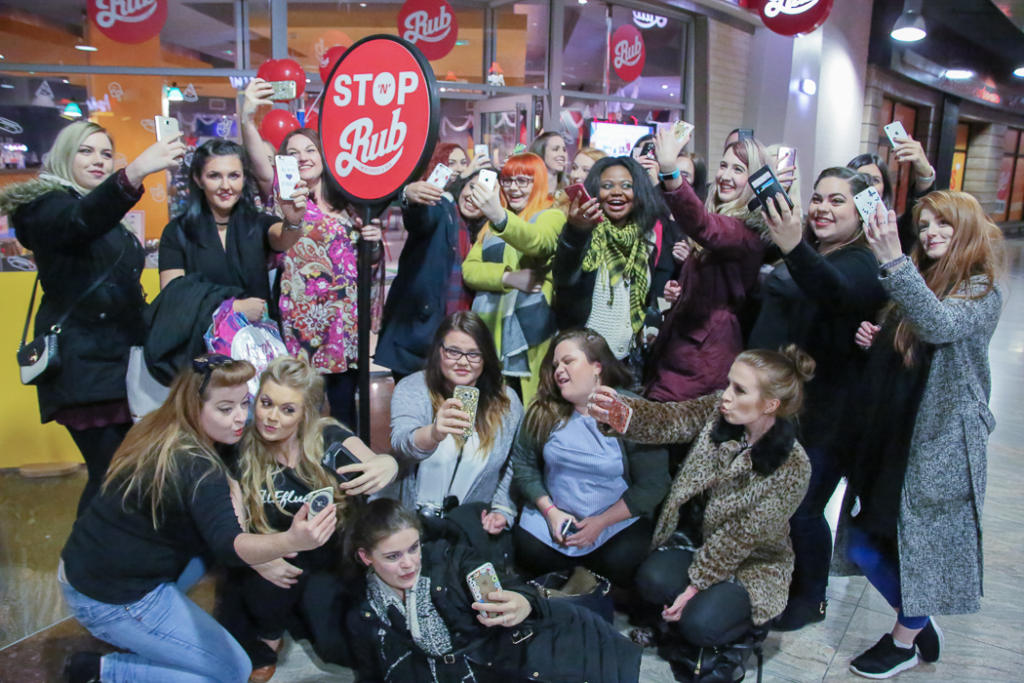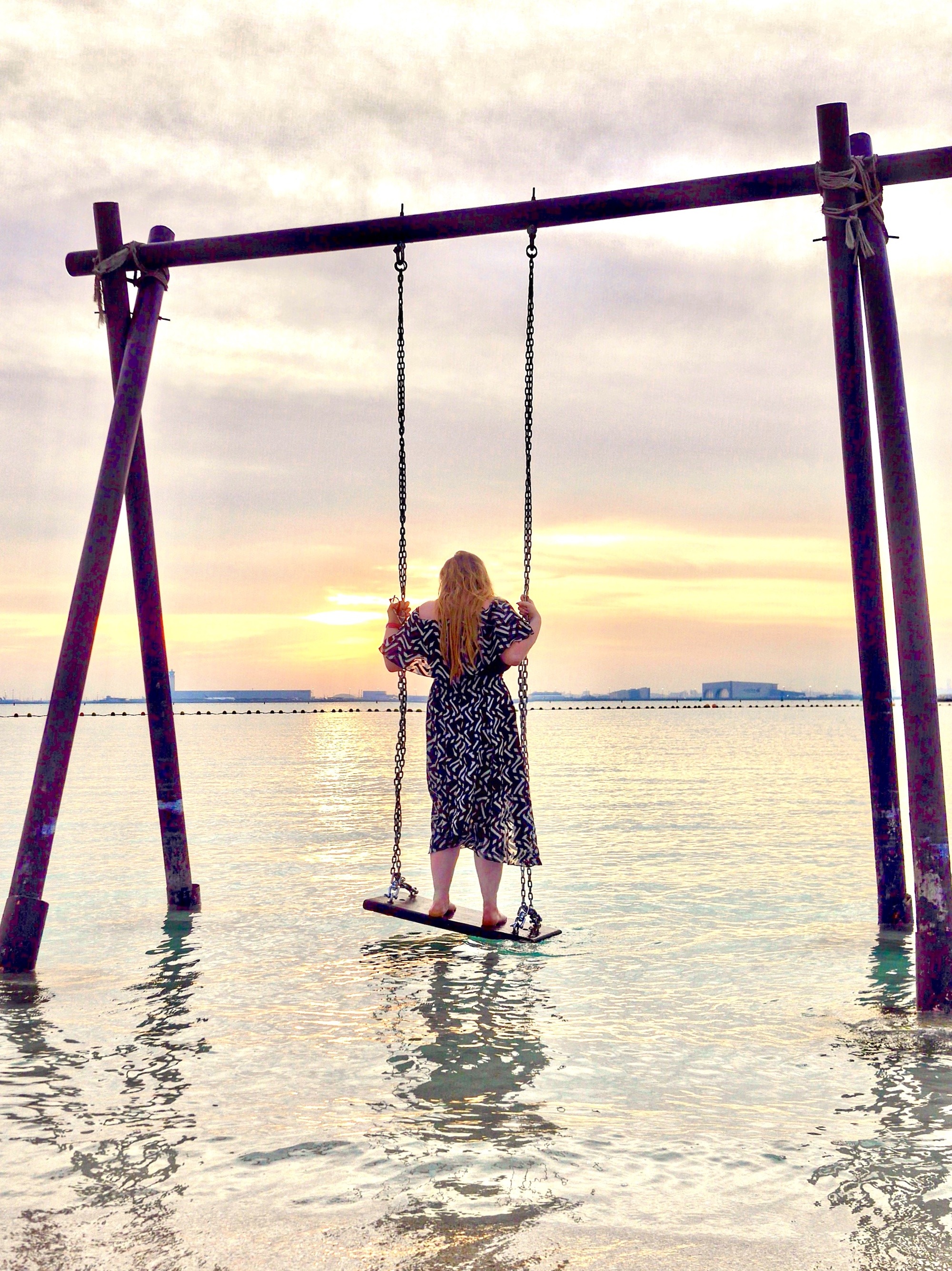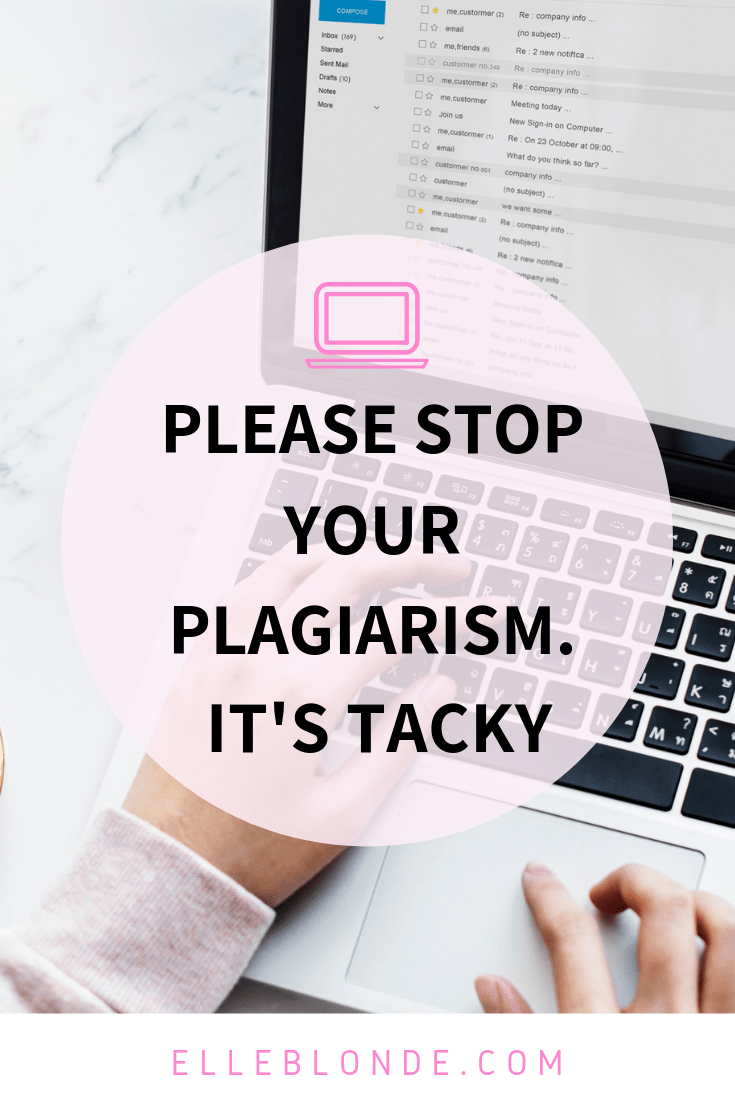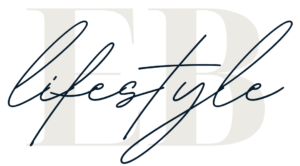I find that I am quite a fluid writer and understand that not everyone is as fortunate. So when I read other bloggers pages where it is evident that they have enjoyed my content, so much so, they have been compelled to use it on their own blog, like as in plagiarism. I am always in a quandary whether to be flattered or furious by this…
It has often been observed that I have a particular style of writing which is not readily emulated. And therefore noticeable when regurgitated elsewhere. This leads me to be very much of the opinion that this must be the greatest form of flattery. And I am honoured that others would see me as the one to follow. I would always prefer to take the lead and initiative than be guided by others.
3 Reasons Why Plagiarism Is Not A Compliment
Good peers
As a university alumni. I am only too aware of the requirement to be unique in your writing. And demonstrate individuality and personal experience through this medium.
I always feel that when you are the owner of your words they hold far more meaning and substance. Than those borrowed from another. Nonetheless, I thank you all that have been propelled to mimic my words and use them in your own blogs. I would, however, ask that you tag me in your credits. As all good colleagues would.

Collaboration over Competition
It’s not a competition and we shouldn’t undermine each other and we should take a more collaborative approach to benefit each other. There are so many opportunities for us all when we work constructively together.

Any fury I have fleetingly felt at blatant copying is definitely replaced with a great sense of pride and achievement that I am clearly recognised as a one to watch. Just a word of caution I sometimes slip in a typo here or there to keep you all on your toes.
What to do if somebody violates your IP
However, recognising the fine line between flattery and violation is essential. When your work is plagiarised, it doesn’t just infringe on your right, it also undermines your effort and creativity. Here are five tips on what to do if you find your work being used without permission:
1. Document the Plagiarism
The first step is to gather evidence. Take screenshots or save copies of the plagiarised content, noting the dates and URLs. This documentation is crucial for any legal action or takedown requests you might pursue.
2. Reach Out to the Offender
Often, a direct and polite message to the individual or entity that plagiarised your work can resolve the issue. Explain that their content closely mirrors yours without proper attribution and request an appropriate credit link or the removal of the content. Some may not have realised their mistake and are willing to correct it.
3. Use Copyright Protection Tools
There are various online tools and services, like Copyscape or Google Alerts, that can help you monitor the internet for instances of your content being used without permission. Utilizing these tools can help you catch plagiarism early.
4. Contact the Hosting Company
If reaching out directly doesn’t work, you can contact the website’s hosting service to file a complaint. Most hosting companies have policies against plagiarism and can take down the infringing content. A DMCA takedown notice is a powerful tool in these situations.
5. Legal Action
As a last resort, consider legal action against egregious offenders, especially if the plagiarism causes significant harm to your reputation or financial loss. Consulting with a copyright lawyer can provide you with options based on the severity of the infringement.
Conclusion
While imitation is often seen as the sincerest form of flattery, in the world of content creation, it can feel like a violation of your hard work and intellectual property. Navigating the response to plagiarism with a mix of direct communication and legal safeguards not only protects your work but also maintains the integrity of the creative community.
Remember, your voice is unique, and protecting your content is vital in preserving that uniqueness. Collaborating and inspiring each other should be the goal, not competition at the expense of another’s rights. By standing firm against plagiarism, we uphold the value of originality and foster a more respectful and creative online community.
Related Read;

